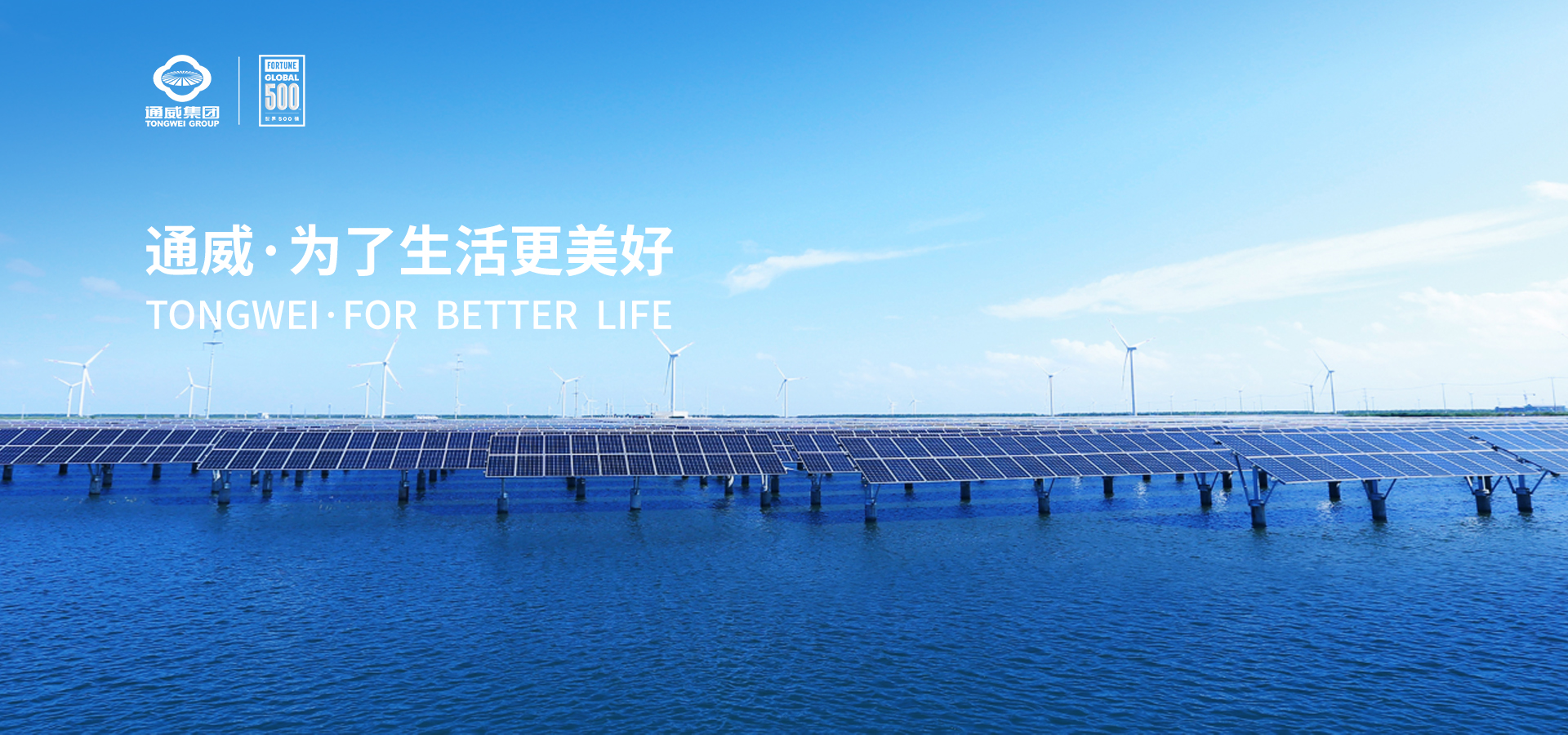2024-09-05
On August 30, 2024, the 20th Summer Annual Conference of Yabuli China Entrepreneurship Forum 2024 was successfully inaugurated in Guangzhou. This year’s conference, focusing on the theme of “Fostering New Quality Productivity and Driving High-Quality Development”, features a main opening forum and parallel sub-forums, including the international forum, sustainable development forum, intelligent manufacturing forum, health and wellness forum, and innovation forum. Hundreds of government leaders, entrepreneurs, and scholars gathered in Guangzhou to explore new methods, models, and pathways for cultivating new quality productive forces. Liu Hanyuan, Deputy to the NPC, Vice Chairman of All-China Federation of Industry and Commerce, and Chairman of the Board of Directors of Tongwei Group, attended the conference.

Scene of the Sustainable Development Forum
During the conference, the Sustainable Development Forum was held, focusing on the theme of “Technology and Environmental Protection”. Guests, including Chairman Liu Hanyuan, shared insightful perspectives. Chairman Liu Hanyuan pointed out that 20 years ago, China’s PV industry lagged behind in technology compared to Germany, Japan, and the United States. Today, China has established a globally leading, complete PV industry chain, transitioning from a position of admiring, pursuing, and matching to leading the industry. Thanks to continuous technological advancements and the rapid decline in PV costs, China has developed the largest and most competitive PV industry in the world, commanding over 80% of the global market share. Throughout this journey, it is gratifying to witness that, decades after the reform and opening up, private enterprises and the private economy have emerged as global frontrunners in the PV sector, possessing the capability and conditions to drive the energy transition in China and worldwide.
Chairman Liu Hanyuan stated that PV power generation has emerged as the most cost-effective method of electricity generation globally. With the addition of energy storage and the energy transition from fossil fuels, there are conditions for replacing fossil energy, and positioning PV as the primary source of renewable energy in the future context of carbon neutrality. As research suggested, up to 50%, 60%, or even 70% of total energy could be sourced from PV. Additionally, the manufacturing sector in China possesses the material conditions necessary to expedite this energy transition. In 2023, the newly installed capacity of PV power in China reached 216 million kilowatts, leading the world and accumulating the largest capacity overall. By the end of last year, China's installed PV capacity had surpassed hydroelectric power, making it the second largest energy source, only behind coal. In the next three years, it may exceed thermal power generation to become the primary energy source. Overall, the development of the industry and sector is conducive to an energy economic transition. China, once under the greatest pressure for energy transition, could now become a leader in the global energy transition.

Chairman Liu Hanyuan shares his insights
Chairman Liu Hanyuan emphasized that since the 1970s and 1980s, the world has operated within an era dominated by fossil fuels and oil. Humanity is poised to transition into a clean energy era. In this evolution, China unquestionably stands at the forefront whether considering the scale of industry in the clean energy age, the international market share, or the impetus for energy transition. Currently, only 40% to 45% of global primary energy consumption comes from electricity, while 50% to 55%, and in some countries more than 60%, consists of non-electric energy, with the majority of non-electric energy stemming from fossil fuels. This indicates that during the energy transition, both electric and non-electric energy need to shift entirely to renewable energy. Viewed from this perspective, the scale of today's industry and sector is far from saturation when compared to future demands. Taking PV energy as an example, to achieve carbon neutrality between 2050 and 2060, China will need to install 600 - 800 million kilowatts of capacity annually, and potentially even higher, to meet the goal of carbon neutrality within 25 to 35 years.
Chairman Liu Hanyuan emphasized that, in fact, with the rapid advancements in renewable energy and energy storage, the conditions for realizing the carbon neutrality goal ahead of schedule are already in place. Therefore, it is imperative to effectively leverage China's leading PV industry to promote high-quality development through addressing economic stability and growth, and tackling the most pressing issue of carbon neutrality, which warrants collective contemplation and initiative from all of us.

